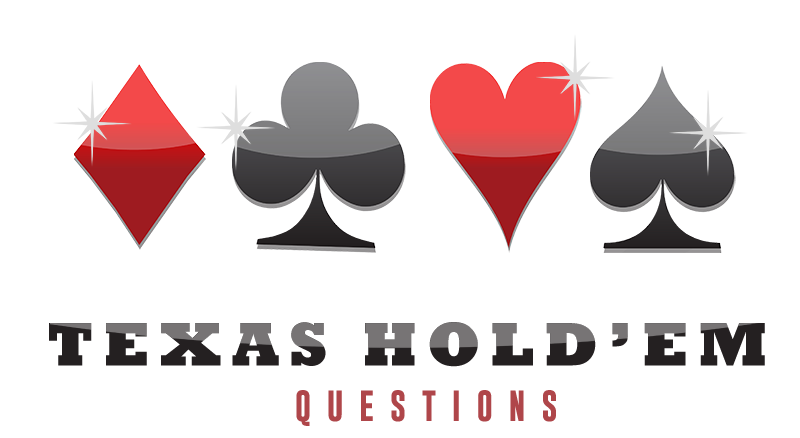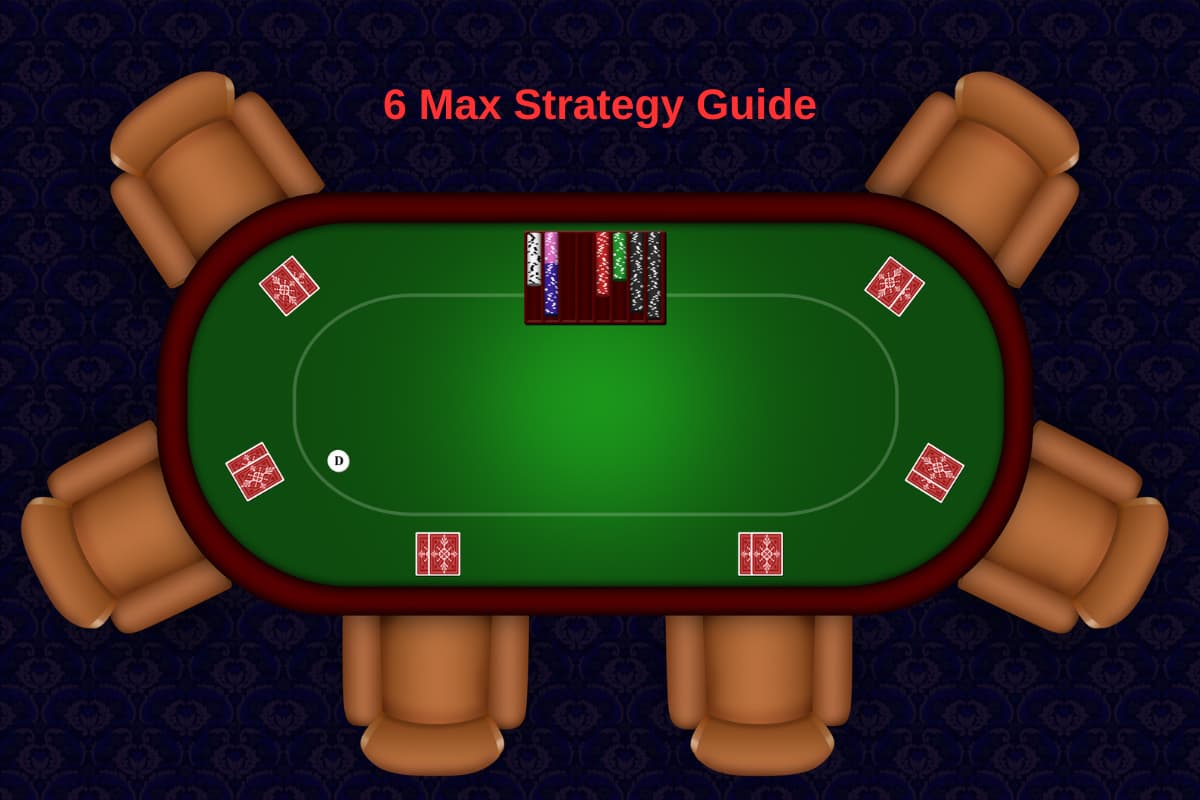6 Max poker or short-handed poker is the most popular form in cash games. It’s popularity has surged in the last 10-15 years. This is probably due to the fact it combines the appeal of fewer opponents with rewarding a looser playing style. Look on any poker site cash game lobby and you will see the numbers – players prefer 6 max to full ring.
The sharks tend to prefer this format too and will prey on weak opponents who do not make the necessary adjustments when moving from a nine or ten handed game. This article is dedicated to those of you new to 6 max or considering playing it.
This 6 max poker strategy guide is mostly focused on cash games but can also be applied to tournament poker.
You Must 3 Bet More
There are some schools of thought that advocate a 3 bet or fold playing style. I do not subscribe to that theory being the best way but there’s no question you must 3 bet more in shorthanded games. You need to be aggressive, particularly in position. You’ll be playing more hands and you only connect on 1 in 3 flops so it is necessary to mix in some 3 betting to ensure you have the aggression. You can’t be reliant on hitting the flop to win.
Looser Hand Selection
If you are uncomfortable playing more than the very best hands, 6 max isn’t for you. You will lose too much in blinds and antes if you are not prepared to play more hands. Throw away your hand charts, as you won’t need them for 6 max. With fewer opponents, you are less likely to walk into premium hands as often.
In a full ring game, you are folding your ace ten from under the gun, not in 6 max. Remember, if you open under the gun in 6 max, you only need three folds to your left to be playing in position.
Understanding what hands to play from the various positions can be tricky. That’s why we’ve created a pre-flop guide for you. Our pre-flop guide offers the benefits below:
- Use online while playing
- 4 pre-flop charts
- Cut out pre-flop leaks and increase your win rate
- They’re free!
Download 6 Max Pre-Flop Charts
Fill in your name and email and you can get our 10 page guide for free.
Bluff More
Playing short-handed affords a lot more bluffing opportunities. You will quickly realise that weaker hands will win at showdown. In a full ring table with multi-way pots, a strong hand is often needed to win. Not so for 6 max games – one pair will often be sufficient. This means you can run more bluffs and try more moves to win.
I am not suggesting you go crazy and re raise every flop bet but feel free to some flop check raises against those who c-bet too much or 4 bet the LAG who keeps 3 betting you. Bluffing effectively is a must for 6 max poker so look for opportunities.

Learn Continuation Bet Strategy
A shameless plug for our continuation bet course but it’s true, you need to c bet properly in 6 max. In most low stakes games, there are 2 types of mistakes players are making. They’re either not c betting enough or c betting far too much! Don’t fall into either category. Consider the opponent, flop texture, your hand strength and position before firing a c bet. You need to identify whether it’s a c-bet that is likely to work. This is not easy to do, in an instant. With our course, you will learn all this and more and it will become intuitive.

Thin Value Betting
Value betting is absolutely essential to winning poker. After all, you need to extract more from your opponents than they do from you, when you have the better hand. You need to value bet a lot thinner in 6 max poker games. A softly softly approach will not do you any good. If you’re checking back rivers in spots when your hand is best, you’re probably making a mistake. A thin value bet can be a small bet or an over-bet.
If you are on unsure which is appropriate, err on the side of caution and value bet small. This will protect you from the bigger mistake of overplaying your hand. As you gain experience, you will be able to identify scenarios where a larger value bet will work.
Take More Notes
As you’re playing against fewer opponents, there’s even more reason to know them better. Watch them closely, pay attention to the hud stats, and take notes diligently. If you have more information, you are more likely to make better informed decisions. You will know their strengths and weaknesses and can react accordingly. They fold to 3 bets a lot? Great! Three bet them like there’s no tomorrow. They fold overpairs to wet boards? Fantastic, an over bet bluff is likely to work! They don’t 4 bet bluff? Don’t stack off with pocket jacks!
As you can see, note-taking will significantly impact your decision making. It may seem tedious to type up notes but trust me, it’s for your benefit and your bankroll too.
Play Fewer Tables
Short handed poker is going to take more of a mental toll. You’ll be involved in more pots, taking more notes and in more awkward situations. This is in contrast to the monotonous nature of full ring poker which affords you the chance to play more tables. One of the first tips I offer players I mentor is to find the right balance of game type and number of tables. Most prefer 6 max but are handicapping themselves by playing too many tables. This varies player to player but suffice to say, you will play better with fewer tables.
This doesn’t mean you have to one table, perhaps you’re intelligent enough to play 8 tables and maintain a high win rate (rare). The key thing to remember is that each table you add on, the less concentration for each table, on average, and increased risk of auto-pilot.
Download 6 Max Poker Strategy Guide
Fill in your email and you can download our 6 max poker strategy guide for free.
This article was written in 2021 and has been updated.



